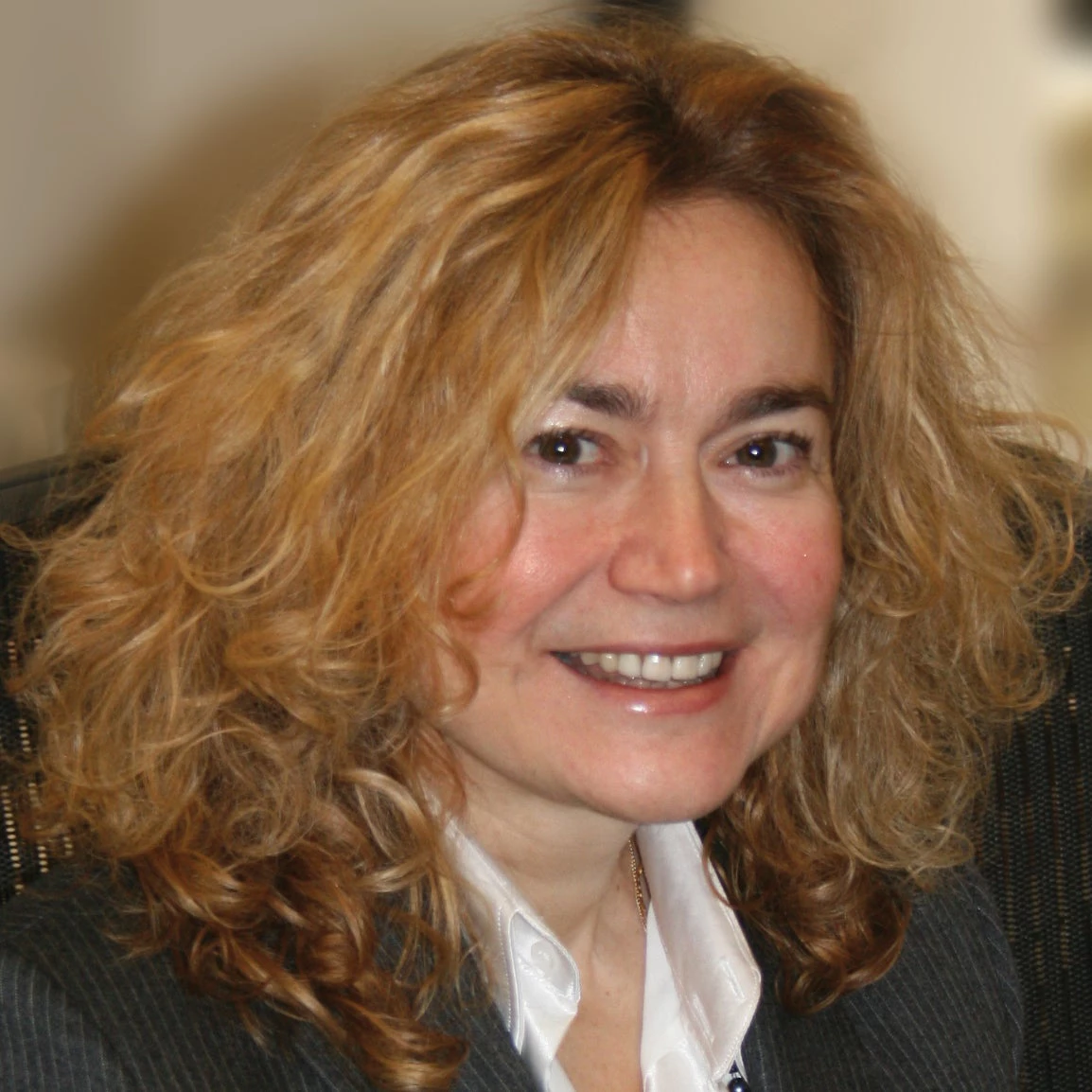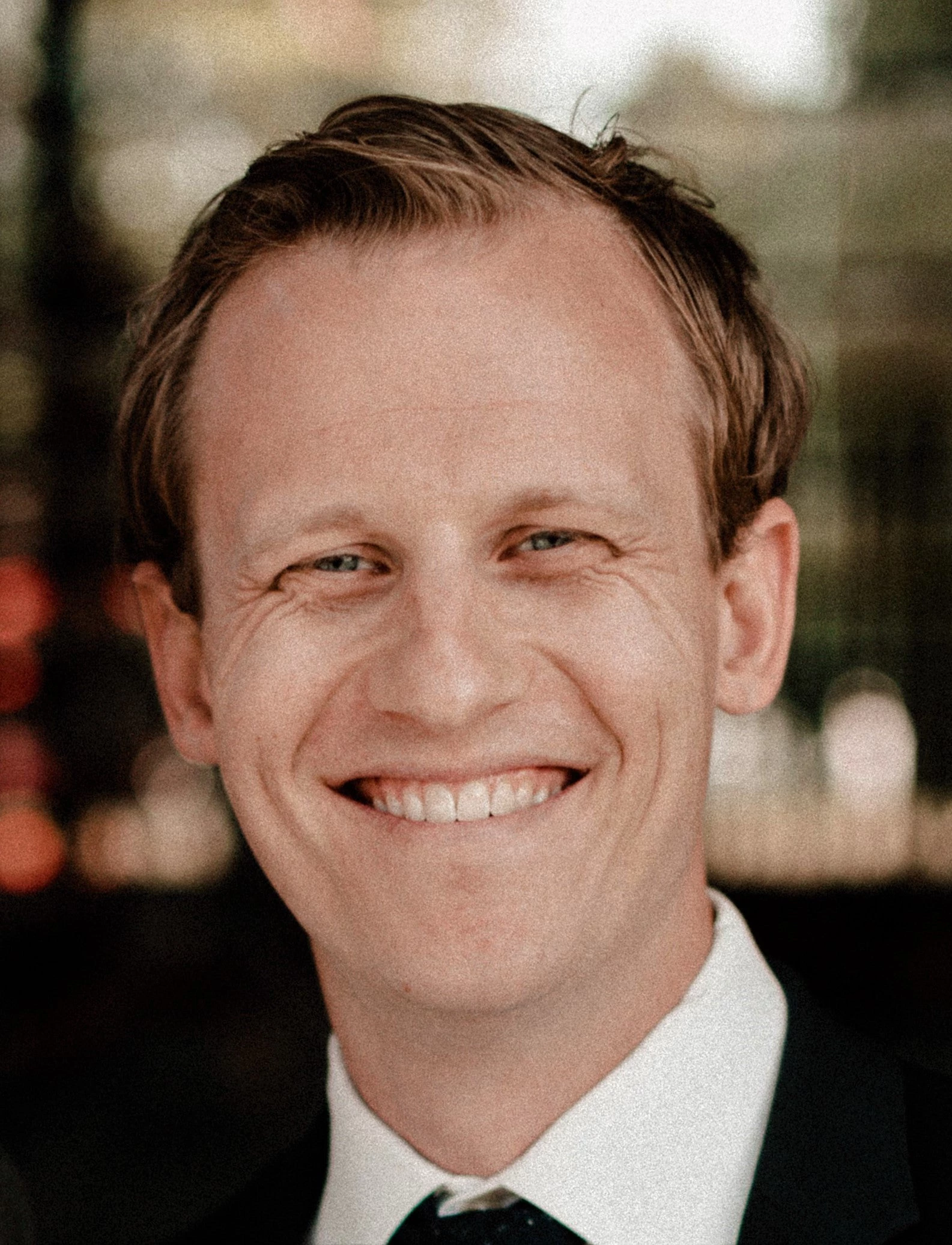Today, Gallup hosted a conference on “Evidence and Impact: Closing the Gender Data Gap” where Secretary of State Hillary Clinton , World Bank President Jim Kim, and other leaders emphasized the importance and relative lack of gender-sensitive data to support policies for improving the lives of women and girls. Secretary Clinton remarked to a packed house that “data not only measures progress, it inspires it.” She asked participants, national governments, and the international community at large to invest in gender-sensitive data collection, use, and publication. Jim Clifton, the CEO of Gallup, spoke about the danger of creating policy simply based on our perceptions of what women want and need.
As a sign of progress, President Kim highlighted the Global Financial Inclusion (Global Findex) Database, a powerful new data tool that facilitates a deeper and more nuanced understanding of how women save, borrow, make payments and manage risk. Released in April by our team here at the World Bank Development Research Group, the Global Findex allows us to comprehensively assess the state of women’s financial inclusion and make evidence-based policies to improve access to formal financial systems.
We’ve already learned a lot and we’re just getting started. According to the Global Findex data, 47 percent of women and 55 percent of men worldwide are banked, a difference that is statistically significant even after controlling for age, education, income and rural or urban residence. The gender gap is larger in the developing world and larger still for adults living below the $2 per day poverty line, where women are 28 percent less likely than men to have a formal account. Women without bank accounts are significantly more likely to report not having one because “someone in the family already has an account”. This suggests widespread indirect account use among women and highlights the impact that lack of asset ownership may have on empowerment and self-employment opportunities.
We hope that today’s conference has motivated researchers, policymakers, and development practitioners to bring gender to the forefront of data collection and analysis.
The complete Global Findex database, report, and survey in 15 languages are available at http://www.worldbank.org/globalfindex.



Join the Conversation